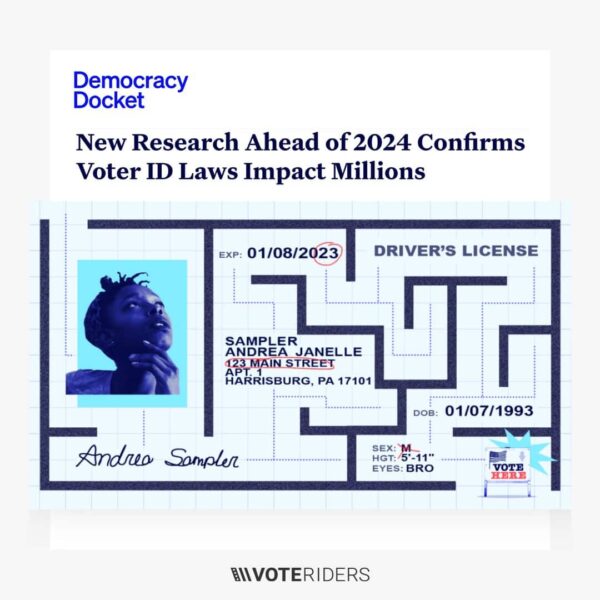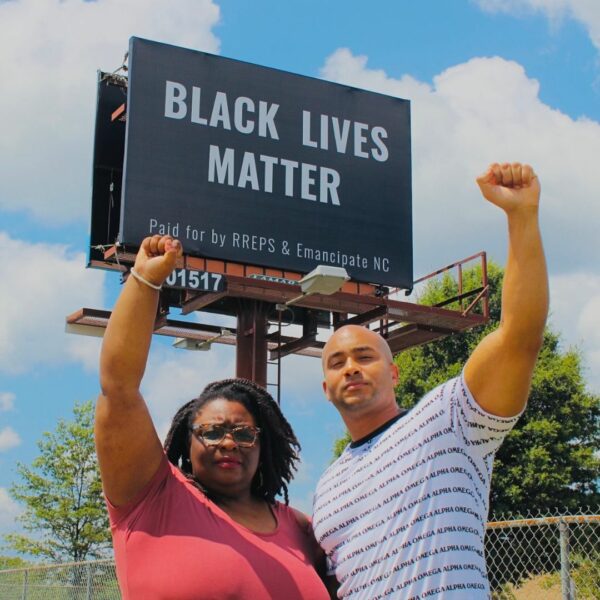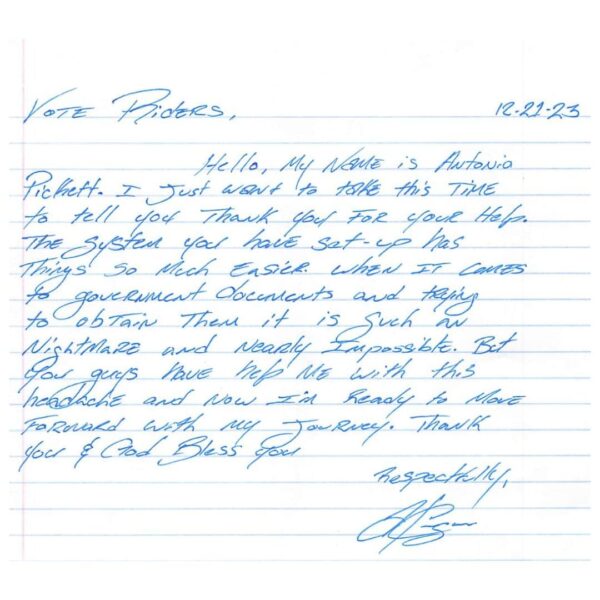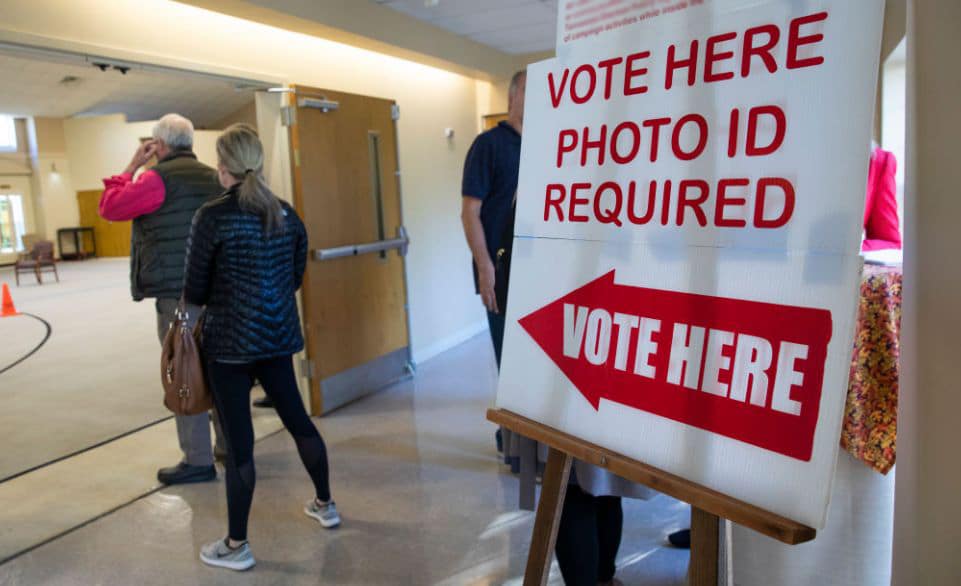
NC Newsline: Helping people with disabilities in NC obtain IDs for voting
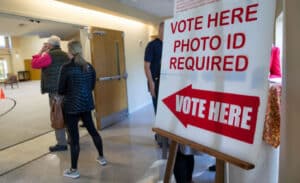
People with disabilities are far less likely than non-disabled people to have drivers licenses, the most common type of photo ID people use in states requiring ID to vote.
Nationally, 20% of people who self-identified as having a disability don’t have a drivers license, according to a survey sponsored by VoteRiders, Public Wise, the Center for Democracy and Civic Engagement at the University of Maryland, and the Brennan Center for Justice. The survey results were published in January.
“We’ve seen this as a real problem for our folks for a really long time, said Corye Dunn, public policy director for Disability Rights North Carolina.
North Carolina reanimated its voter ID law last year in time for the municipal elections after a years-long, court-imposed pause.
North Carolina voters with disabilities who don’t have photo ID are able to cast provisional ballots after they fill out paperwork called an exception form.
But not all counties treated people without IDs the same way in last year’s municipal election, Democracy North Carolina reported. Some people who should have been offered the chance to explain why they did not have IDs weren’t given the proper form. Some county boards improperly rejected forms based on county election board members’ personal opinions, the report said.
To help voters avoid such roadblocks, Disability Rights NC is working with VoteRiders to offer people with disabilities transportation to obtain IDs and rides to polling places, along with help corralling documents needed to obtain photo IDs, Dunn said. Disability Rights NC also has its own voter hotline 888-WEVOTE2.
One of the strategies to get IDs to voters is to meet them where they live.
Disability Rights has contracts with NAACP chapters in Mecklenburg and Pasquotank counties for voter ID outreach efforts. It’s a pilot project that Disability Rights wants to expand for the general election.
Mecklenburg and Pasquotank have experienced NAACP presidents and active chapters, said Kenya Myers, voting rights program manager at Disability Rights. It helps to see how the outreach plans work in both a rural and an urban county.
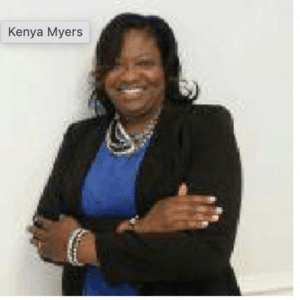
“We’re trying to build an infrastructure and get this ready for the general election,” she said. “The intent is to roll this out in some other counties with other partners.”
The two NAACP chapters started leaving voter information at residences the week before early voting started, Myers said. They’ve continued to reach out to folks with offers of rides to the polls or to obtain IDs.
“We try to give them the whole package,” Myers said. “If someone calls for a ride, they’re checking to make sure they have an appropriate ID. If they don’t, they’re taking them to the Board of Elections to get the ID.”
Corine Mack, president of the Charlotte-Mecklenburg NAACP, said she has been going to city-owned homes for senior citizens to talk about ID. Convincing residents to go to the Board of Elections for IDs has been challenging, she said.
“We tell them it’s free and lasts for 10 years, so you might as well get it,” she said.
Read the original story here.

